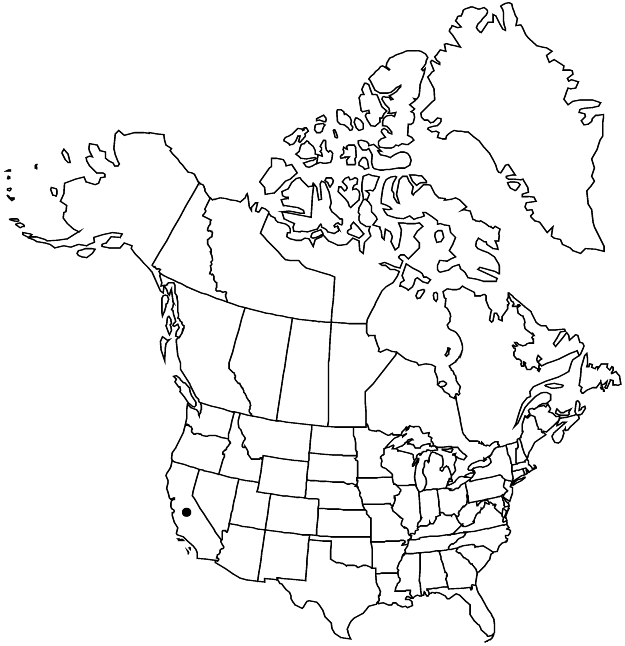familyPolygonaceae
subfamilyPolygonaceae subfam. Eriogonoideae
genusChorizanthe
subgenusChorizanthe subg. Amphietes
speciesChorizanthe parryi
Difference between revisions of "Chorizanthe parryi var. parryi"
Common names: Parry’s spineflower
Treatment appears in FNA Volume 5. Treatment on page 461.
FNA>Volume Importer |
FNA>Volume Importer |
||
| Line 45: | Line 45: | ||
|publication year= | |publication year= | ||
|special status= | |special status= | ||
| − | |source xml=https://jpend@bitbucket.org/aafc-mbb/fna-data-curation.git/src/ | + | |source xml=https://jpend@bitbucket.org/aafc-mbb/fna-data-curation.git/src/8f726806613d60c220dc4493de13607dd3150896/coarse_grained_fna_xml/V5/V5_963.xml |
|subfamily=Polygonaceae subfam. Eriogonoideae | |subfamily=Polygonaceae subfam. Eriogonoideae | ||
|genus=Chorizanthe | |genus=Chorizanthe | ||
Revision as of 17:42, 18 September 2019
Involucral awns uncinate.
Phenology: Flowering May–Jun.
Habitat: Sandy soil on flats and foothills, mixed grassland and chaparral communities
Elevation: 90-800(-1300) m
Discussion
Of conservation concern.
Variety parryi is known today only from scattered populations in the foothills of the San Gabriel, San Bernardino, and San Jacinto mountains. Much of its native habitat was destroyed by development in the twentieth century.
Selected References
None.
Lower Taxa
None.
